|
Classes in school often include projects and group works to conduct lessons in a more innovative and interactive way. But most of the time, it just becomes tiring and stressful extra work for both the teachers and the students. How can we implement projects in a way that is fun and motivating for students, and at the same time efficient for the teachers? The new edition of the course “Introducing Project Based Learning in the Classroom” took place in Bologna from 01/08/2022 to 06/08/2022 and focused on this question. The participants came from several countries in Europe, with Balázs from the Budapesti Gazdasági SZC Hunfalvy János Két Tanítási Nyelvű Közgazdasági Technikum in Hungary, Gabriela, Anna, Magdalena, Ewa and Katarzyna from the Szkoła dla Dziewcząt Płomień in Poland, Maria Rosalba from the CFA in France, and Britta from the Albert-Schweitzer-Gymnasium in Germany. At the beginning of the course, participants explored the main concepts related to Project Based Learning, drawing particular attention to the 5 key elements of PBL. These show that PBL is not like any regular project, but rather a defined teaching approach with specific rules and methods. From there, the course focused on the different aspects and phases of PBL:
2. Defining Learning Outcomes and “Backward Designing”. One of the critical aspects of PBL is that it should be rooted in the curriculum, and not simply be “extra work” to carry out at the end of the unit. Teachers had the opportunity to see how to teach the elements of the curriculum in a different and more interactive way.
4. Establishing appropriate Assessment forms. One of the key issues for teachers is how to evaluate the student’s progress, especially in a context of group work. In this part of the training, they had the chance to learn about the distinction between formative and summative assessment, and how the first one is actually as and maybe even more useful and important than the second one when evaluating students’ progress and performance. 5. ICT tools in support of Project Based Learning. In the development of a PBL project, new technologies have a central role. The group had the possibility to practice first-hand some of the tools that are essential in supporting the smooth and efficient implementation of PBL in the class. What made learning really effective for the participants was the possibility to start creating their own project during the week. After discovering new parts of PBL during the lessons, they had the possibility and dedicated times to design their own project targeted for their students. This was a good exercise not only to clarify any doubts, but also to set into practice the material learned during the week. This final outcome encouraged a great sense of achievement and the motivation to give the project a try when back in their classes! Thank you for this great week, and ELA looks forward to welcoming you again! Discover more about this course in:
www.erasmustrainingcourses.com/project-based-learning.html |
Welcome to the ELA Blog. Here you will find articles and photos of our courses and have a look at the topics addressed during the week in Bologna, Palermo and Tenerife. You will also have the chance to take a peek at our projects and check out what we have been up to.
Archives
July 2024
Categories |
-
Course catalogue
- 2023-2024 course catalogue
- Soft Skills >
- ICT and New Technologies >
- Inclusion and Diversity >
-
Innovative Teaching Methods
>
- Innovative teaching methods discovery
- Non-formal education teaching methods
- Dual education and work-based learning
- Teaching leadership and entrepreneurship
- Project based learning
- Game based learning and gamification
- Green skills
- Outdoor education
- Outdoor education trekking edition
- Promoting creativity and critical thinking
- Languages and EU projects >
- Preschool >
- Erasmus Plus KA1
- What we do
- About us
- Locations
- Blog
- Contact us
 English
English български
български Čeština
Čeština Español
Español Français
Français ελληνικά
ελληνικά Italiano
Italiano Polski
Polski Português
Português Română
Română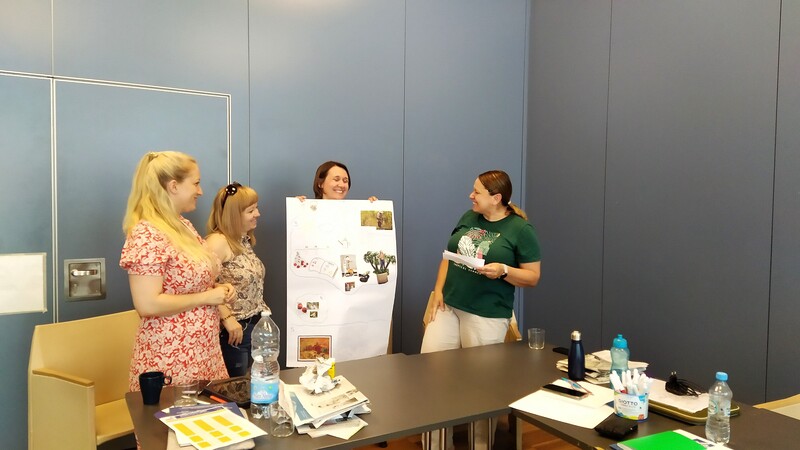
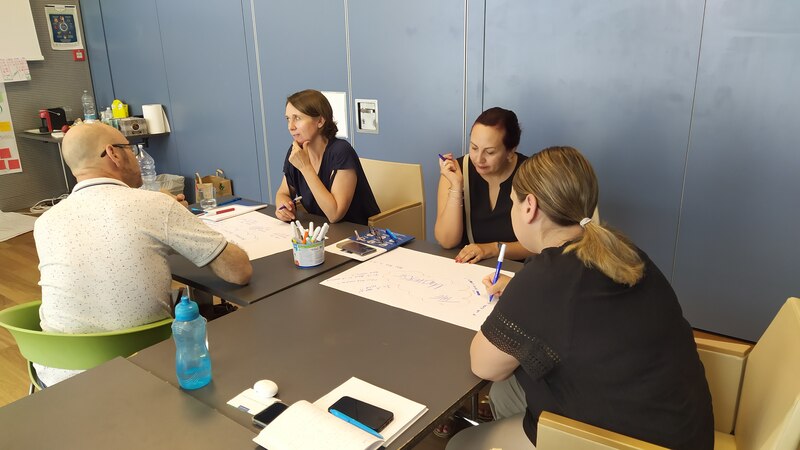
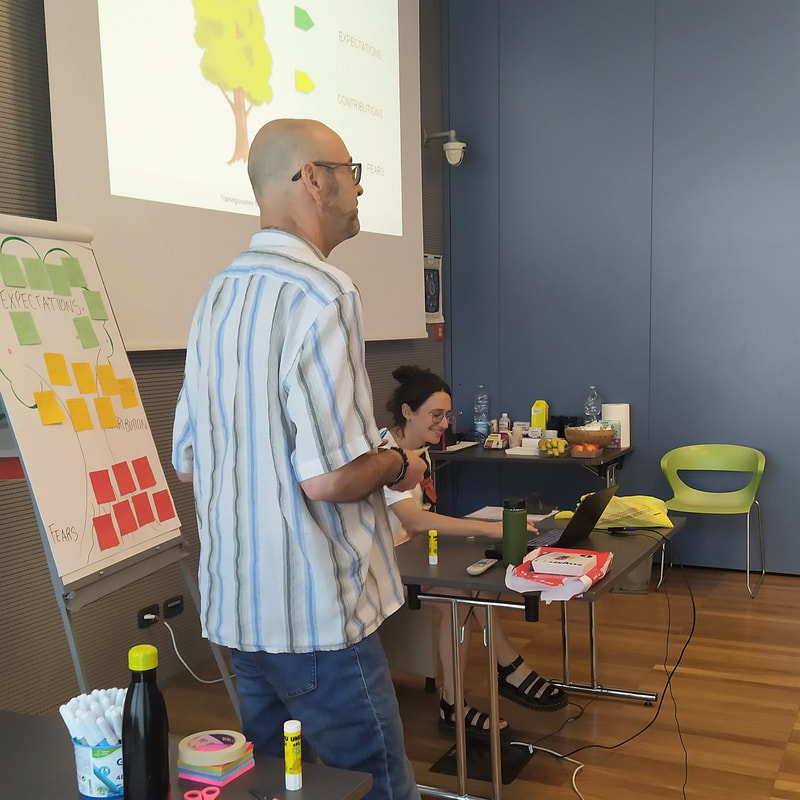
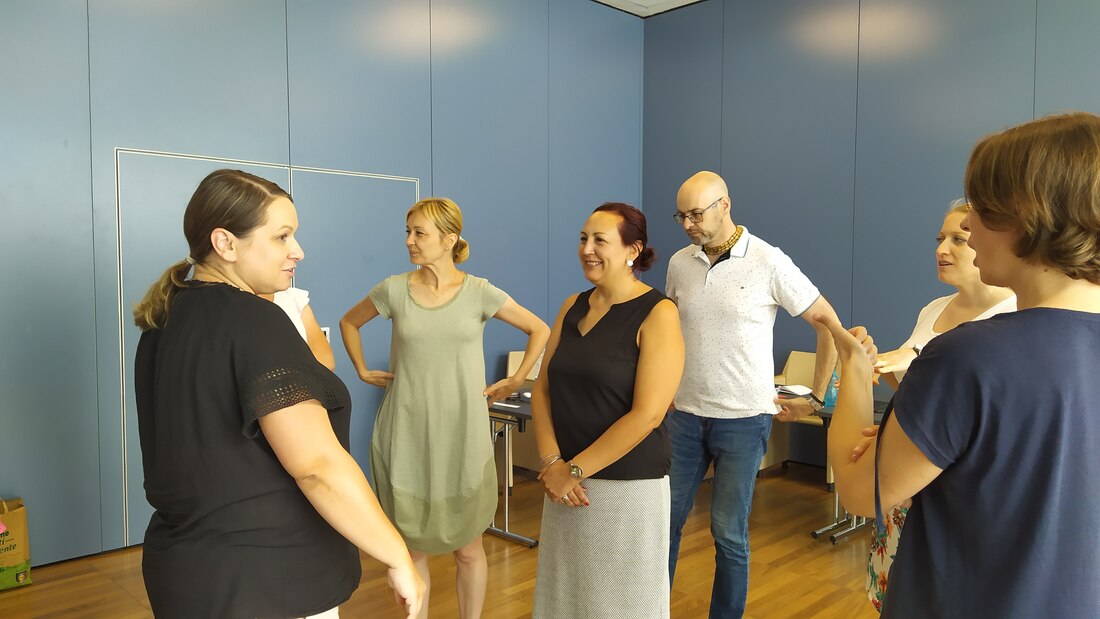
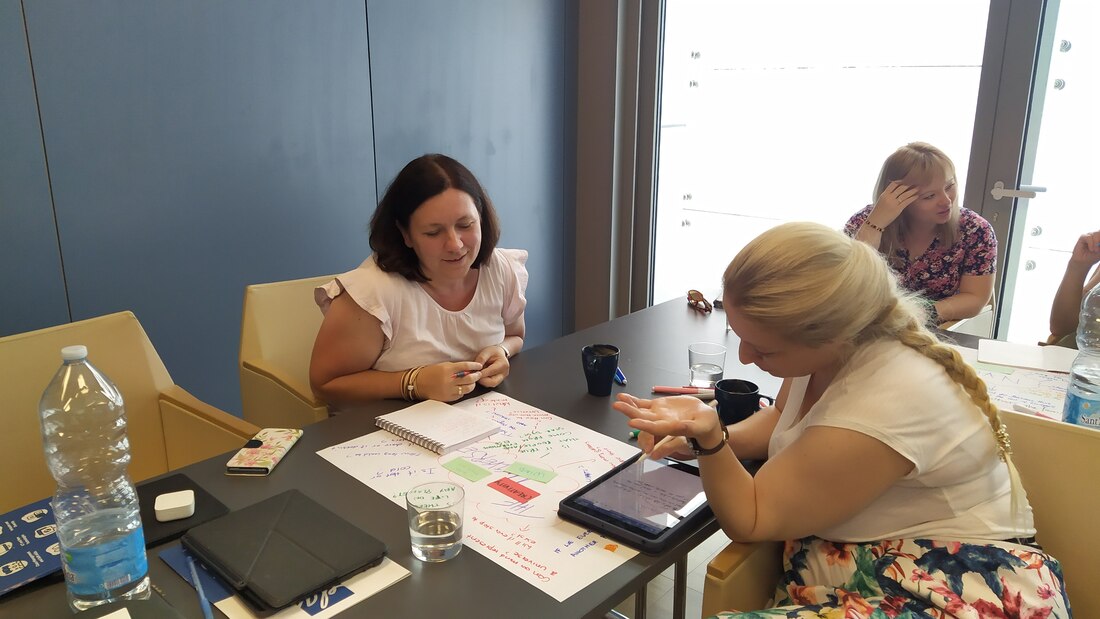
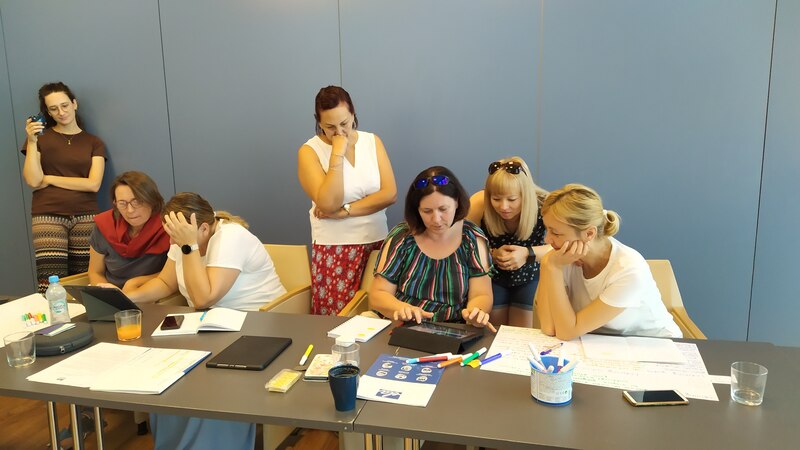
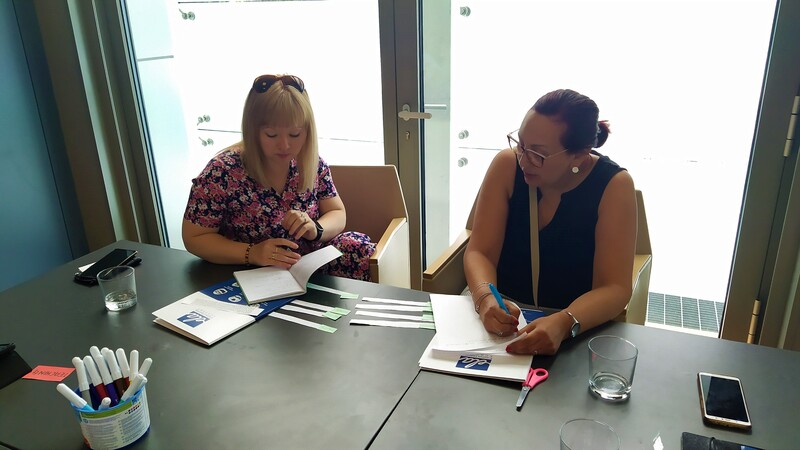
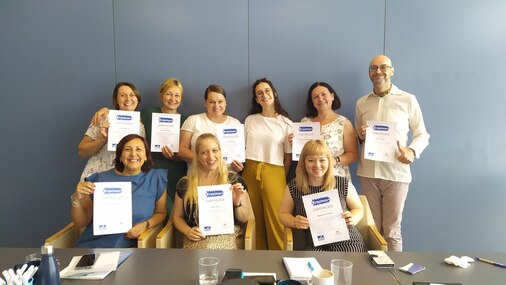
 RSS Feed
RSS Feed









